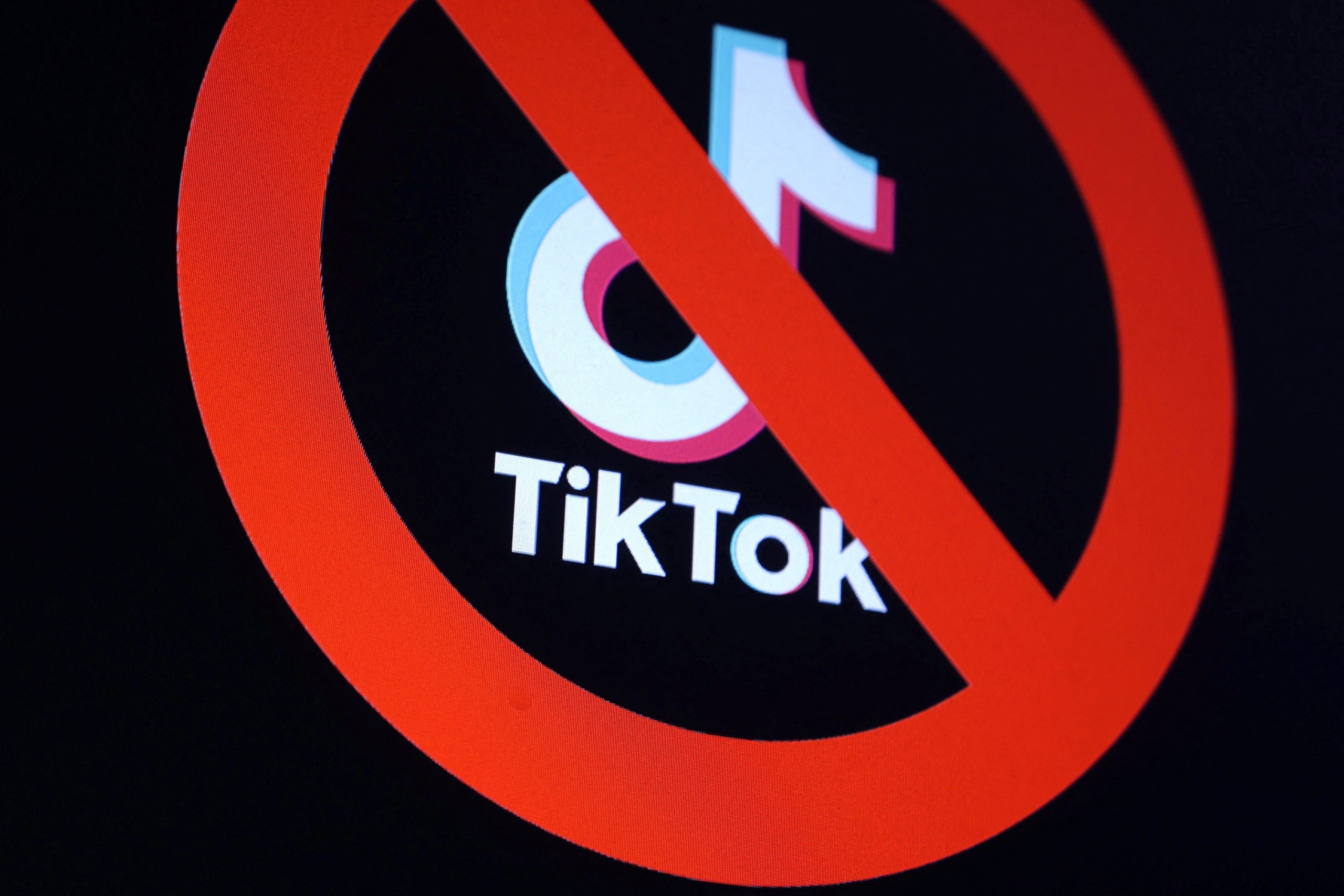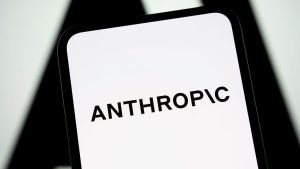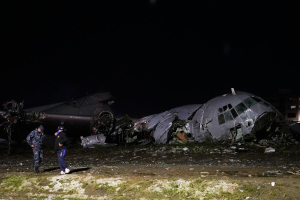Albania is pulling the plug on TikTok—for at least a year.
Why? Officials say the platform fuels violence, bullying, and bad behavior among kids, and they’ve had enough.
The decision follows a tragic incident last November, when a teenage dispute that allegedly started on TikTok escalated into a fatal stabbing.
This set off a nationwide debate among parents, teachers, and psychologists about social media’s grip on young minds.
After 1,300 meetings with 65,000 parents, the government decided a temporary TikTok blackout was the way to go.
A ban raising big questions.
Prime Minister Edi Rama insists Albania is in “positive talks” with TikTok about new safety measures, including age verification and content filters.
But TikTok isn’t taking the blame just yet, saying there’s no proof the teens involved even had accounts.
The move isn’t without controversy.
The opposition party claims the ban is an attack on free speech—and conveniently, it also limits their campaign reach before May’s parliamentary elections.
TikTok bans aren’t new—Kosovo, North Macedonia, and Serbia have raised similar concerns.
The U.S. and EU have also accused the platform of espionage and election interference.
For now, Albania is making a bold statement: if TikTok won’t play by the rules, it’s getting benched.





